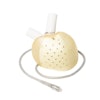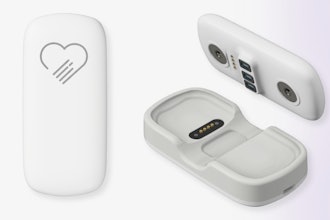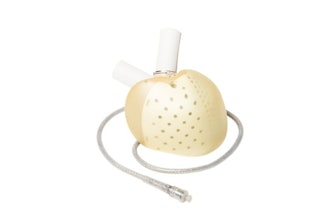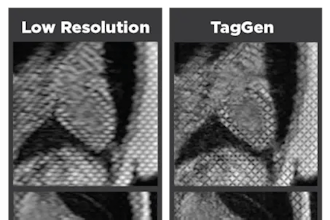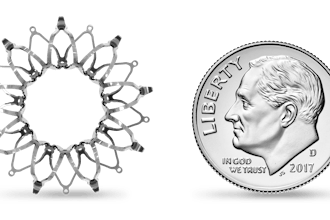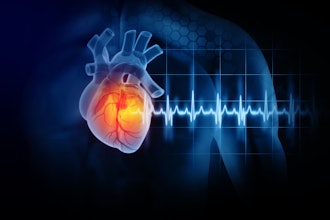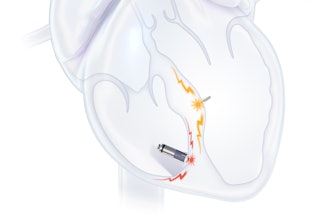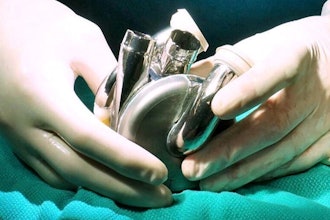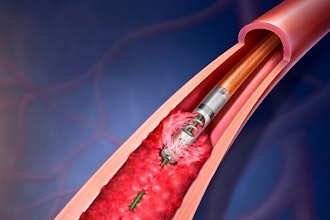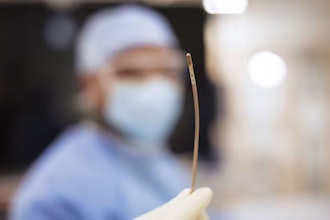
Biosense Webster, Inc., a global leader in cardiac arrhythmia treatment and part of Johnson & Johnson MedTech, announced new findings from the Q-FFICIENCY study were published in the Journal of Cardiovascular Electrophysiology demonstrating treatment with the QDOT MICRO Catheter significantly improved control of atrial fibrillation (AFib), relief of symptoms and overall quality of life.
Q-FFICIENCY evaluated the safety and 12-month efficacy of the novel QDOT MICRO Catheter temperature-controlled, contact force-sensing, radiofrequency (RF) catheter in patients with paroxysmal AFib.
Based on patient-reported outcomes, the study found a 99% and 93.1% improvement in control of AFib and relief of AFib symptoms, respectively, at 12-month follow-up compared to baseline, and 87.9% of patients experienced a meaningful clinical improvement in quality of life.
The QDOT MICRO Catheter is a next-generation RF ablation catheter that incorporates advanced, high-energy ablation, improved temperature monitoring, optimized irrigation, and higher signal resolution. In QMODE+ setting, the catheter allows the delivery of very high-power, short-duration ablation – 90 watts for up to four seconds, significantly improving ablation efficiency. The QDOT MICRO Catheter is fully integrated with the CARTO 3 System, enabling efficient and consistent lesion creation with a simplified workflow and lower total procedure time. Earlier this year, Biosense Webster announced the publication of the Q-FFICIENCY safety and 12-month efficacy data in JACC: Clinical Electrophysiology, which showed that the QDOT MICRO Catheter delivered high clinical success with 86% of patients experiencing freedom from symptomatic recurrence while catheter-related primary adverse events remained low at 1.8%.



